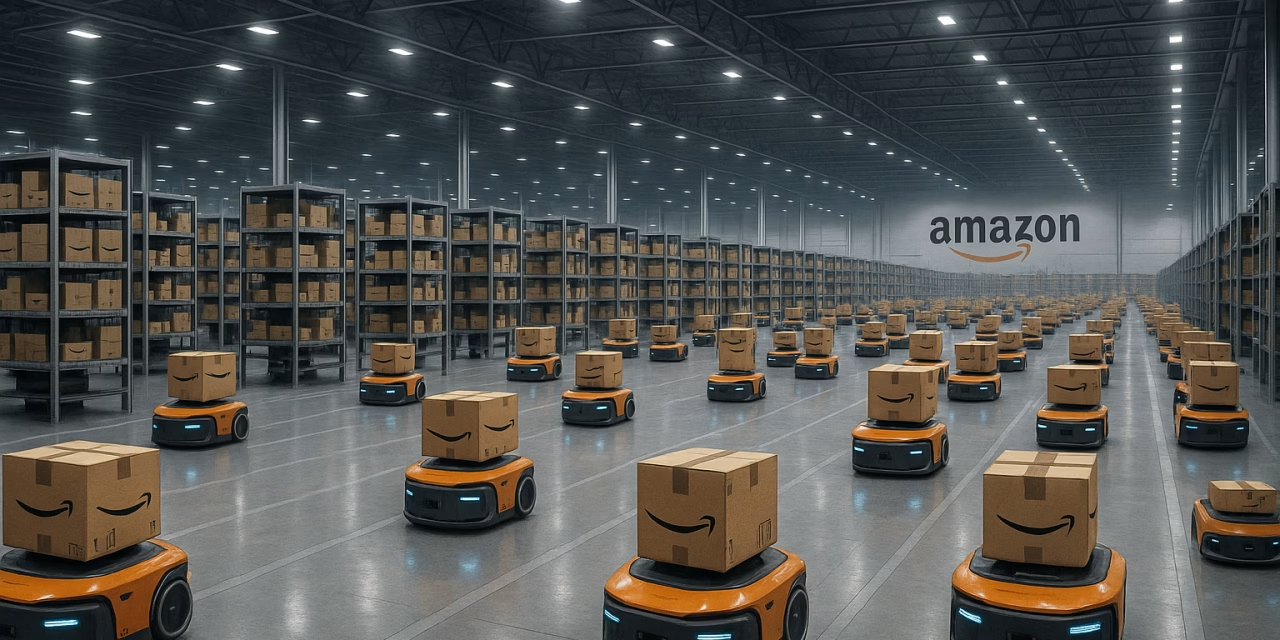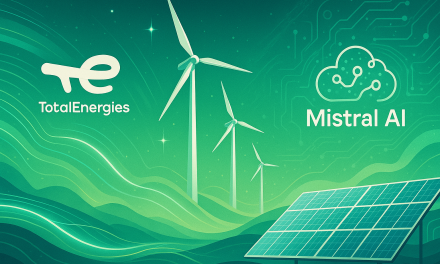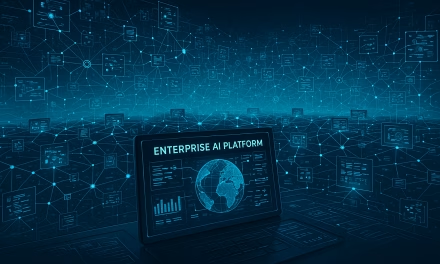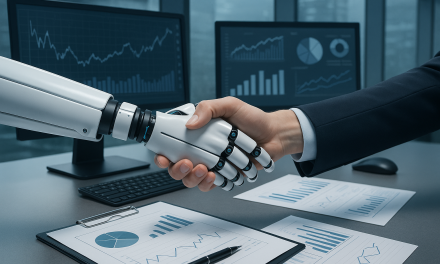June 22, 2025, brought a significant announcement from Amazon, signaling a major shift in operational strategies: plans to replace human workers with AI technology. This move by one of the world’s largest employers underscores the accelerating trend of business automation and its profound implications for the global workforce.
Amazon’s decision reflects a broader industry push towards maximizing efficiency and reducing labor costs through advanced AI and robotics. While the immediate impact will be felt in logistics and warehouse operations, this strategic transformation sets a precedent for other sectors. The promise is a hyper-efficient supply chain, capable of operating 24/7 with minimal human intervention, leading to faster delivery times and potentially lower consumer prices.
However, the implications for employment are a growing concern. As AI systems become more sophisticated, capable of performing tasks traditionally requiring human cognitive abilities, questions arise about job displacement and the need for widespread workforce reskilling. This shift necessitates a proactive approach from governments, educational institutions, and businesses to prepare the current and future workforce for an AI-driven economy.
Beyond Amazon, the day’s news also highlighted other significant AI business developments, such as Kora Logix securing $115 million for its AI-powered observability platform, and Google seeking new data labeling partners following Meta’s substantial investment in Scale AI. These developments collectively paint a picture of an intense race among tech giants to control the AI supply chain, from data collection to deployment, further solidifying AI’s central role in defining future business strategies. The era of AI-first operations is not just arriving; it’s rapidly expanding its footprint across all industries.





